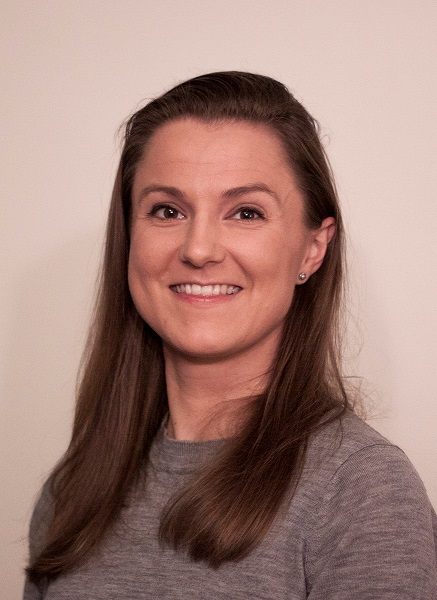Our research interests focus on combining the tools and principles of chemistry with cellular biology to develop new molecular probes to study intricate cellular processes. Of particular interest is the design and synthesis of all-photonic systems in which light can be used to both track and trigger the release of bio-relevant molecules in cellular and multicellular settings.

What is your background and how did you come to join the School of Chemistry?
I am an organic chemist by training, completing both my undergraduate and PhD studies at Deakin University. I was then keen to pursue a postdoc abroad and spent 4.5 years in Sweden working on a number of collaborative projects between the chemistry departments of Chalmers University of Technology and the University of Gothenburg. This was a great experience, and it was during this time that I was introduced to the field of photopharmacology and using light to control the structure and function of small organic molecules. I started my independent group at Auckland University of Technology in New Zealand, focussing on the development of light-responsive systems as molecular tools for chemical biology, before joining the School of Chemistry at USyd earlier this year.
At the moment, I am working on…
One area of interest that our group is currently focussing on includes the development of all-photonic systems in which we can use light to both track and trigger the activation of biorelevant molecules at predefined sub-compartments within the cell. Our long-term goal for this project is that these probes will serve as valuable molecular tools to study dynamic cellular functions in both health and disease in complex multicellular systems.
What is the coolest thing you have done/seen in the lab?
One of the projects I worked on as a postdoc involved investigating the utility of our fluorescent probes in a zebrafish model system. I had the chance to visit the zebrafish facility and see the various techniques and instrumental setups used to house and image these tiny fish, which I thought was very cool! Completely different to a chemistry lab!
What is your favourite part of Chemistry and being an academic?
I love being able to combine the practical aspects of organic chemistry with problem solving to tackle significant research questions. What drew me to research in the first place is the fact that no two days are ever the same. We are continuously learning, asking questions and making new discoveries – even if most of the time this is a result of experiments that just didn’t work!
It is hard to choose just one favourite aspect of being an academic. My top picks include mentoring the students in my team and watching them develop and grow as scientists. I also really enjoy the collaborative and interdisciplinary nature of our work. We are always meeting new people and working with others from different fields of chemistry and/or disciplines of science.
How do you like to spend your time when you’re not working?
I look forward to the weekends where I can spend time with my family, exploring the outdoors (if the weather permits!). I also enjoy keeping active and playing sports when I can, mainly running and touch footy.
